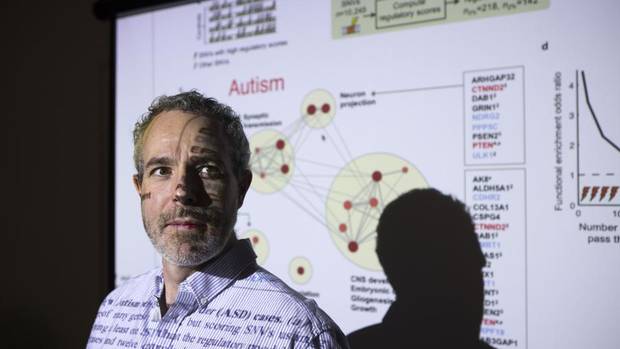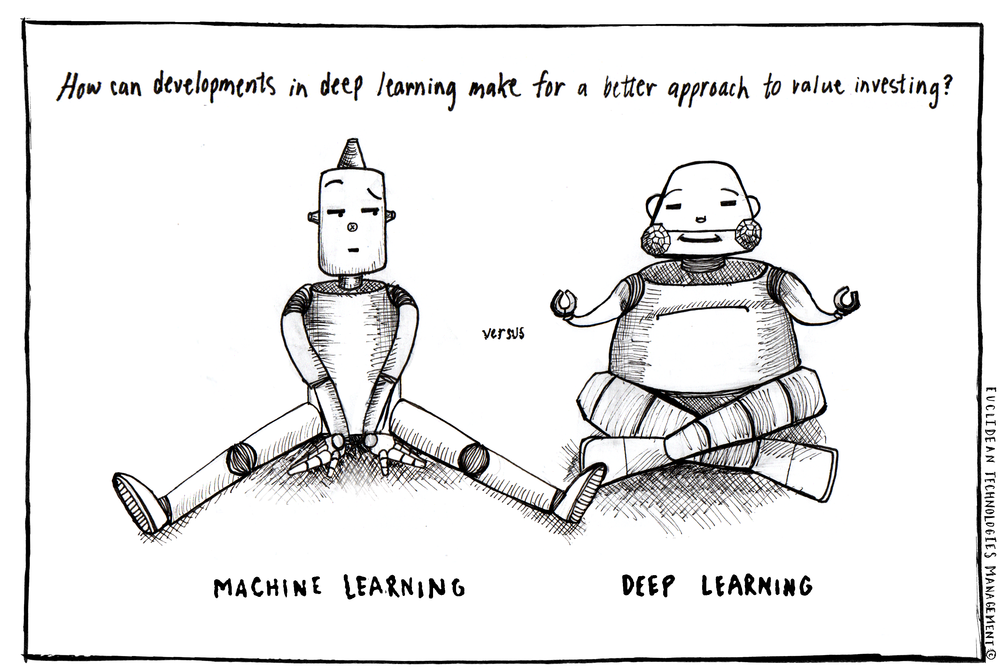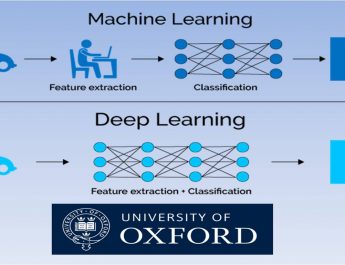Deep learning will transform medicine, but not in the way that many advocates think. The amount of data times the mutation frequency divided by the biological complexity and the number of hidden variables is small, so downloading a hundred thousand genomes and training a neural network won’t cut it.
Brendan Frey’s research on deep inference and learning reaches back to the wake-sleep algorithm, published in 1995, and the paper that David MacKay and He wrote in 1996 showing that belief propagation in graphs with cycles can be used for accurate inference. The symposium was held over the period 14-15 March 2016.
Brendan John Frey is a Canadian-born machine learning and genome biology researcher, known mainly for his work on factor graphs, the wake-sleep algorithm for deep learning, and using machine learning to model genome biology and understand genetic disorders. He founded Deep Genomics and is currently its CEO, and he is a Professor of Engineering and Medicine at the University of Toronto. He co-developed a new computational approach to identifying the genetic determinants of disease, was one of the first researchers to successfully train a deep neural network, and was a pioneer in the introduction of iterative message-passing algorithms.
Dr. Frey hunts for the genetic codes that determine the fates, sometimes good and sometimes bad, of the cells in our bodies. A world leader in introducing concepts and algorithms that reveal how our cells ‘read’ our DNA and that make reliable predictions for how our cells behave. Dr. Frey is a Professor at the University of Toronto and a Fellow of the Canadian Institute for Advanced Research. He sits on the Technical Advisory Board of Microsoft Research India and his grad students contribute to knowledge transfer in companies big and small.





